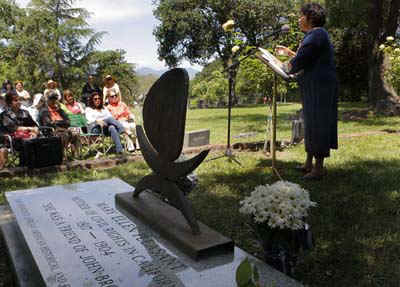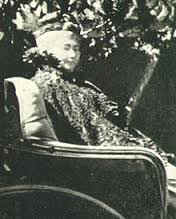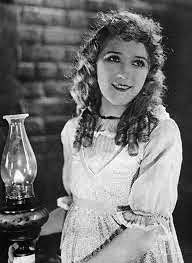Today was a good day at Logos. I like the days when we have
lots of interesting (and some quirky) customers, but today it was dead as a doornail.
I think I made fewer than 10 sales in the four hours I worked (and one of them was me!)
But I was able to find an interesting book that was the right length
to complete while there in the store (and I did). It was called "More than
Petticoats: Remarkable California Women" by Erin H. Turner. (Apparently
"More than Petticoats" is a series of books about women in various states around
the country.)
The author sets out to debunk the common saying about talented women
"imagine what she could do if she had been a man." "The
women who were chosen for this book are remarkable because they are women, not in spite of
it," she writes.
I was hooked from the first chapter, which tells the story of Mary
Ellen Pleasant, whom I remember hearing about, growing up in San Francisco as "Mammy
Pleasant," and only knew that there was something negative about her.
Apparently the scuttlebut about her was that she was a "Voodoo priestess", a
baby stealer, a baby eater, a multiple murderess, a madam, a lying, conniving, and
cunning, schemer." How far from the truth!
It turns out she was called "the Mother of Civil Rights in
California" from work begun in the 1860s, her achievements went unsurpassed until the
1960s. Pleasant was once the most talked-about woman in San Francisco. When other African
Americans were rarely mentioned, she claimed full-page articles in the press. Her dramatic
life was part of the story of slavery, abolition, the gold rush, and the Civil War; she
helped shape early San Francisco, and covertly amassed a joint fortune once assessed at
$30,000,000. She became the business partner (and perhaps more) for wealthy Thomas Bell
and lived with him and his wife for many years until his death, after which Mrs. Bell
accused her of murdering her husband and sued her for the home that Pleasant had designed
for the family.
She died, penniless, in 1904, but finally got public recognition in
2011, when a memorial was dedicated in Sonoma.

(if you can't read it it says "mother of civil rights in California)
 |
The book goes on to give thumbnail sketches of people like Sarah Winchester, heiress to the fabulous Winchester rifle fortune. She was the woman who built the Winchester Mystery house, which I have wanted to tour for decades. I learned the back story (which includes the death of a child and then her husband. |
Isadora Duncan is in there. I never thought of her as a
California woman, but apparently she was born here, though she didn't really achieve fame
until she moved to Western Europe and later Russia. American audiences weren't ready
for her scantily clad modern dances.

There are several other lesser known women, but eventually you get to
Mary Pickford, who really helped create the movie business as it exists today. With
her tiny stature and bouncy curls, she was playing young girls into her 30s (sounds like
Gilbert & Sullivan tenors!)

The book ends with the story of documentary photographer Dorothea
Lange, who took the definitive photo of the Depression.

She was born in New Jersey but she died in San Francisco at age 70.
She said that contracting polio as a child, which left her with a weakened right
leg, led to her pursuing a career in photography because of feeling shy and self-conscious
around people.
It was really uplifting to read this book and realize that there were
women in an era where "women" seemed to do little but take care of the house and
raise the children, accomplished great things.
Kinda makes me think of congress this week. Some male
congressman interviewed today pointed out that it was the men that caused this mess and it
took the women to bring an end to it.
Yay for us!

2 comments:
If you haven't read it, you really need to look at Ladies of Liberty. Some of our early American ladies were remarkable.
I have read about the Winchester mansion. It should be finished soon, eh?
Post a Comment